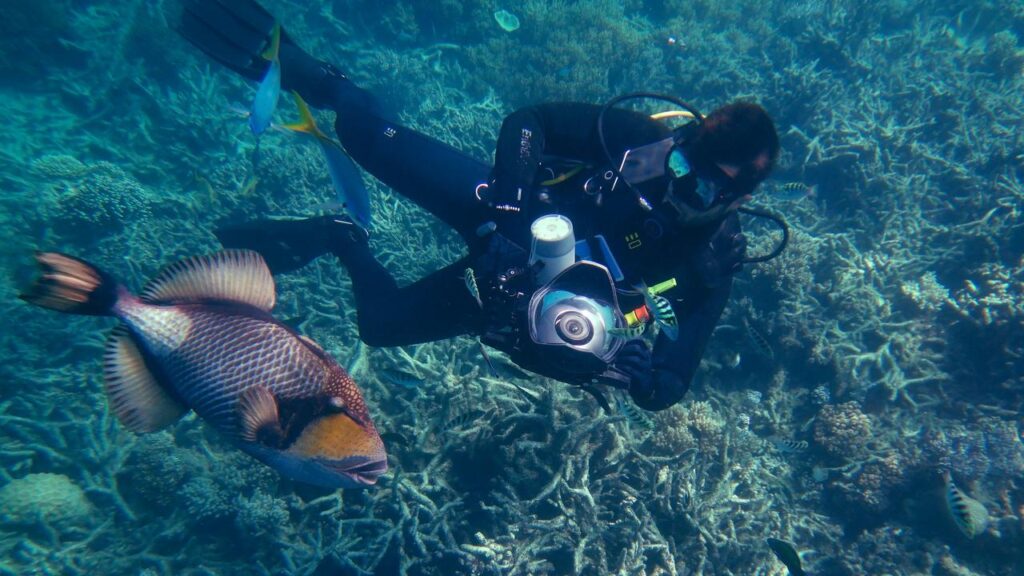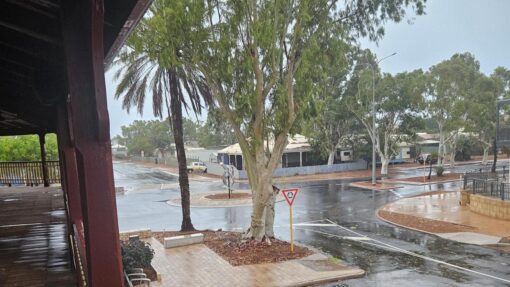‘Ecological grief’ a motivator for reef restorers
Poppy Johnston |

The troubling outlook for heat-sensitive tropical reefs as temperatures climb raises tough questions for restoration efforts.
For many, the global nature of climate change means attempting to reverse the impacts of coral death and bleaching events is all but futile.
But for the marine conservationists and scientists working in the highly varied field of reef recovery and resilience, the work can be a source of motivation to stay engaged and vocal in the broader fight for climate action.

That’s particularly true for marine stewards and reef advocates getting up close and personal with corals by spending time underwater.
That was a key takeaway for University of Adelaide anthropologist Ella Vallelonga who spent weeks observing and interviewing conservationists to understand their motivations.
“The sensory components of reef restoration and experience of marine submersion facilitated deep care for and connections with corals,” she explained.
Tropical coral reefs around the world are under threat from rising global temperatures, with the world heritage-listed Great Barrier Reef currently experiencing its sixth mass bleaching event in nine years.
Scientists warn tropical reefs could be lost completely if global temperatures exceed 2C above pre-industrial levels and serious declines can be expected at 1.5C, a threshold exceeded over a 12-month period for the first time last year.

Given the immense pressures from global heating, mainly caused by burning fossil fuels, criticism has been levelled at coral restoration as too expensive and small in scale to make much difference.
Most divers observed by Dr Vallelonga were aware their restoration and resilience work – encompassing everything from growing baby corals in nurseries to plant in the ocean to managing predators – was not going to save reefs from climate change.
“They’re aware of the critiques,” she told AAP.
Scientists and custodians typically view their work as “buying time”, with many driven by the hope of discovering a breakthrough solution that is cheap and scalable.
Hands-on interaction with coral has broader social and emotional benefits beyond the practicalities of restoration, Dr Vallelonga added.

Many conservationists view it as source of “cautious hope” and motivation to keep pushing for broader policy change to cut emissions and clean up waterways.
“It’s important to recognise how things like ecological grief can be debilitating in a sense but they also can emerge as drivers of meaningful change,” Dr Vallelonga said.
Does that mean getting more people interacting directly with reefs and restoration would be valuable?
Yes, says Dr Vallelonga, though the need for diving certificates and scientific qualifications are clear barriers to citizen science and restoration tourism.
AAP


